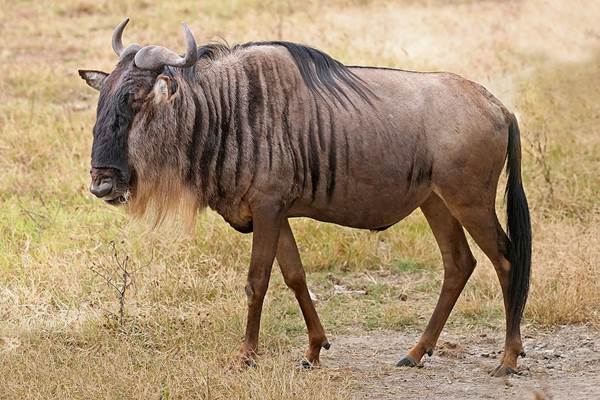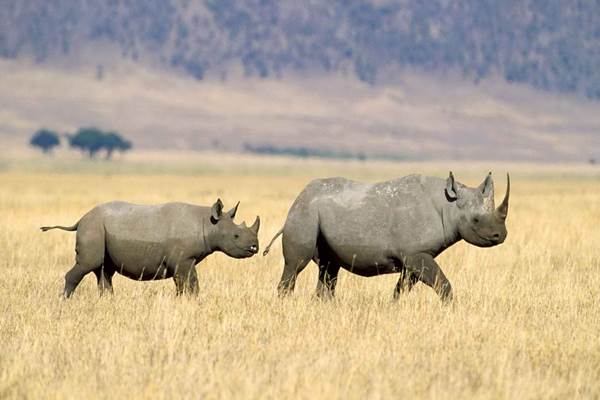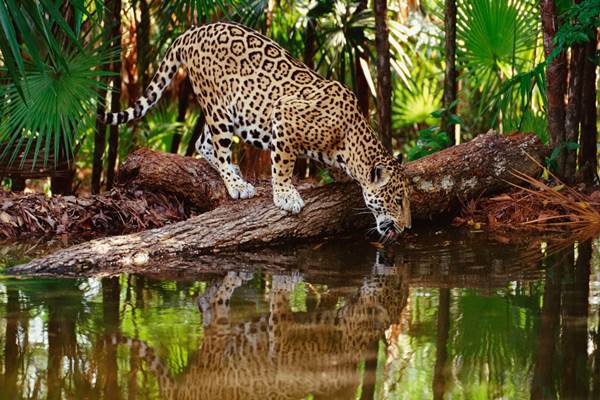Ngorongoro Crater Overview
The ancient Ngorongoro Crater is a UNESCO world heritage site and one of the most interesting parks of Tanzania. A safari tour of the Ngorongoro National Park is your chance to see the greatest number of wildlife species per square kilometer. The Crater – set amidst the tropical forests of the Great Rift Valley highlands – is the crown jewel of Tanzania’s National Parks. The tour, beginning at the Crater rim with its breathtaking views of the Crater floor and carrying on to the game drive in the Crater itself with its plains, acacia woodlands and lakes teeming with bird- and wildlife, shall leave you with a sense of wonder to be cherished for the rest of your life
Wildlife of Ngorongoro Crater
Ngorongoro Crater offers the highest density of animal species to be found in all of Tanzania’s National Parks. Making an early start on your safari will give you the chance to spot the reclusive Leopard in the woods of the highlands amidst which the Crater is set. The cautious Caracal and Serval add to the list of cats to be spotted here. Herds of Elephants, whose sheer size belies the grace of their silent passage and the Cape Buffalo grazing peacefully can not but leave one with a lasting sense of awe. Zebra and Wildebeest frolicking on the plains of the Crater floor under the ever watchful eyes of a pride of Lions, Hippo and Flamingoes of the Crater Lakes and, to top it all, the seldom met Rhino – all share this magic microcosm
You will see

Wildebeest

Rhino

Leopard
Interesting Facts about Ngorongoro Crater
The Ngorongoro Crater is the remnant of the explosion of a huge volcano, which happened two to three million years ago. Being as high as 1,800 meters (5,900 feet) above sea level, this area can be hot in the day with cold highland nights. With its 264 square kilometer (102 square mile) expanse of the Crater floor nested between the steep 610-meter- (2,000-foot)-tall sides of the Crater, it is a must-see destination. Ngorongoro Crater lies in the Crater Highlands of North Tanzania. It is part of the Ngorongoro Conservation Area and is one of the Seven Wonders of Africa. In 1951, in great part thanks to the efforts of Michael and Bernard Grzimek, the Ngorongoro Crater was declared a National Park. The zebra-striped airplane they used to undertake aerial surveys and animal census was a common site over the Crater and neighboring highlands at the time. One of these flights ended in tragedy, when the twenty-five-year-old Michael Grzimek died in a crash. His father Bernard wrote the famous book "Serengeti shall not die" which we strongly recommend to all those travelling in the North of Tanzania.